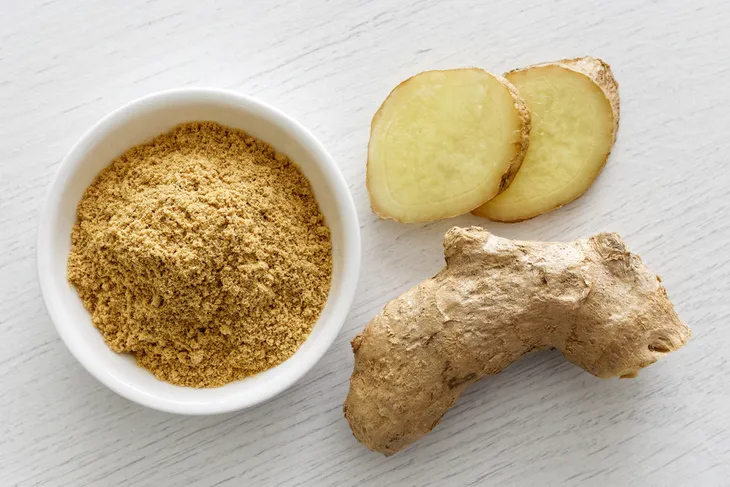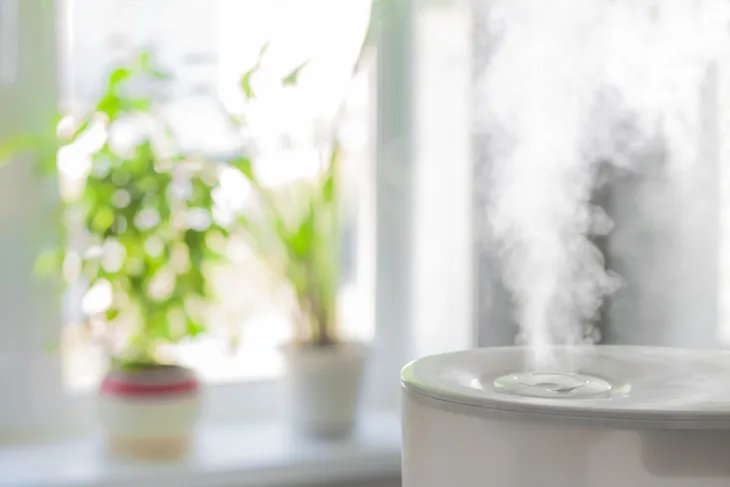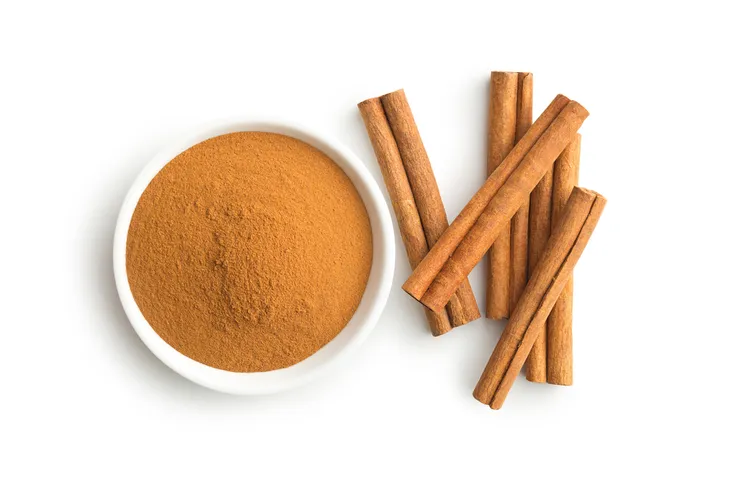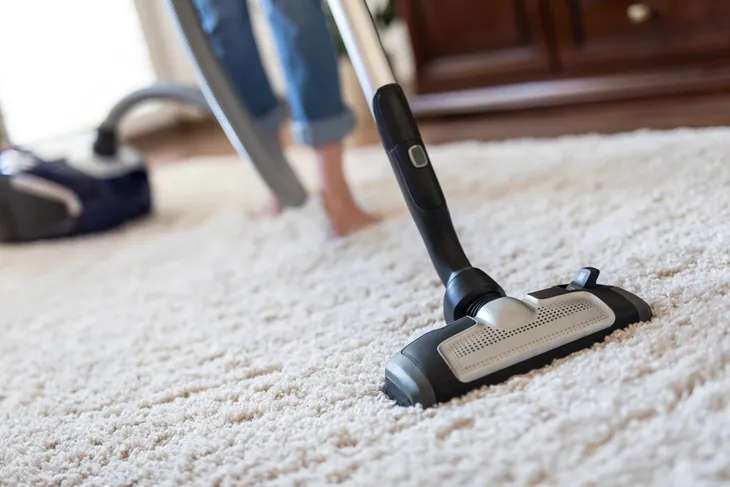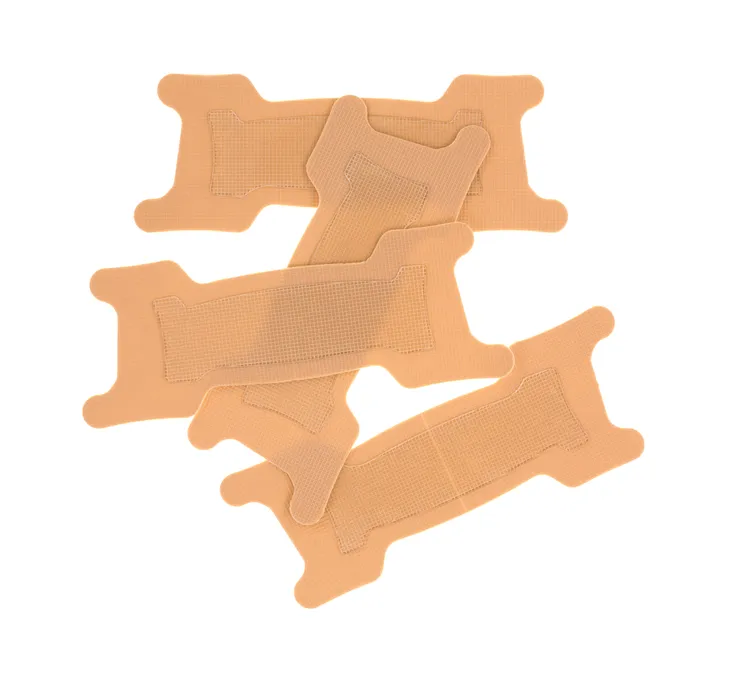There are few things that can put an end to a good day faster than a headache. Depending on the type and intensity, a headache can make it difficult to do just about anything, from cooking for the kids to watching television or working on the computer. Generally, the worst headaches are migraines, which can make one highly sensitive to light and sound and may last for hours, even days.
That said, sinus headaches — or headaches that start in the sinuses around the nose and spread outwards from there — can also be extremely painful and debilitating. Often, these types of headaches emerge when someone has experienced unrelieved nasal congestion for a long period of time. The good news is that there are a number of simple ways to help alleviate the pain and discomfort that can accompany sinus headaches.
Ginger
Ginger can be found in just about any grocery store in either fresh or powdered formats; it’s also available in dried and candy forms and can be found in supplement form. In short, it’s one of the most popular spices available to North Americans, and for good reason: not only does it make an excellent addition to dishes like stir fry and soups, it can help fight upset stomach and acid reflux.
But ginger can also help fight a sinus headache. That’s because the root plant boasts organic anti-inflammatory compounds that can effectively assist in reducing the swelling produced in and around the sinuses during a sinus headache. For best results, try preparing a ginger-based tea with honey; not only can this help soothe your headache, it may also provide relief if you’re suffering from a sore throat or cough.
Neti Pot
Sinus problems can emerge for a variety of reasons, from structural issues within the nose (such as a deviated septum) to swelling resulting from allergies. Of course, the common head cold can also cause the nasal passages to become stuffed up with mucus, making breathing difficult and increasing the chances of developing a painful sinus headache.
Should you be unlucky enough to feel a sinus headache come on, consider using a neti pot to flush things out. If you’re not familiar with the concept, a neti pot uses warm, sometimes salinated water to clear out the nasal passages and, ideally, help reduce any swelling. Done properly, using a neti pot can help clear blockages and act in an anti-inflammatory capacity. And they’re not just for preventing or helping overcome headaches: neti pots can be very useful in reducing snoring.
Saltwater Spray
A neti pot offers a great way to help prevent or fight a sinus headache, but admittedly it’s a somewhat bulky and awkward contraption that’s hardly portable. If you’re looking for something a little easier to carry around, look no further than a saltwater (or saline) spray, which can do effectively the same thing as a neti pot, just in a much smaller package.
A saltwater spray, like a neti pot, has the potential to loosen up thick mucus deposits in the sinuses and restore easier breathing through the nose. Meanwhile, the salt in the spray can reduce inflammation, helping alleviate pain and discomfort associated with a sinus headache or irritation resulting from allergies or a head cold.
Warm Compress
Heat can do wonders for pain, which is why so many people find relief in hot patches that, when applied to sore parts of the body (such as the lower or upper back), can help fight inflammation and ease soreness.
A warm compress takes that idea of using heat for relief and applies it to the face and, in this specific case, the sinuses. By applying a warm compress to the area around the nose, you can help break up blockages of mucous, reduce swelling, and cause the pressure and pain associated with a sinus headache to go down.
Hot Shower
Whether it starts or ends your day, a hot shower can be a great way to reflect on what’s ahead, what happened previously, and plan accordingly. For most people, stepping into a hot shower is simply a great way to energize oneself or calm down after a busy day.
But it can also do a lot to help soothe sore parts of the body, and not just a stiff back and neck. For people with frequent sinus problems that lead to sinus headaches, a hot shower can loosen up mucus blocking nasal passages, reduce inflammation in the nose, and alleviate the pain and discomfort caused by a sinus headache. With hot steam pumping into the nose, the nasal passages can start to drain, giving your sinuses the respite they need.
Humidifier
If you are frequently struggling with sinus problems — whether that includes stuffed-up nose, snoring, sinus headaches, or all three — then you should strongly consider picking up a high-quality humidifier. A humidifier pumps water into the air, making it a very handy device during the long winter months, when people spend more time inside, close up their windows, and use lots of recycled air. It can result in the air becoming very dry, which in turn can serve to dry out our bodies, from our skin to our nasal passages.
A humidifier churns out water in a gentle way, so it’s not going to dislodge mucus like a saline spray or neti pot. But over a longer period of time, such as eight to twelve hours, it can help rehydrate your nasal passages, slowly loosening mucus, alleviating pressure, and reducing the chance you’ll develop a painful sinus headache.
Hot and Spicy Food and Drink
Aside from your typical head cold, there are a few things that can cause the nose to run. One of them is eating hot and spicy food, which can help break up mucus and force it to drain out of the sinus passages. This can also help reduce inflammation in the nasal passages and reduce the impact of a sinus headache. Just about every type of food offers something that can cause this reaction, from spicy ramen to zesty chili and a cup of jambalaya.
Of course, not everyone can handle spicy food, which can cause upset stomach and acid reflux in some people.
Cinnamon
It’s the central ingredient in a wide variety of dishes, from oatmeal and pancakes to a bun so popular it bears the name of the spice itself. But cinnamon isn’t just for baked goods: it can also go a long way towards alleviating pressure on the sinuses and helping you avoid painful sinus headaches.
That’s because cinnamon has properties that can effectively reduce inflammation. For this reason, some people find relief from sinus pain and pressure by either ingesting cinnamon in their favorite dishes or creating a paste (using water) that can be applied topically to the area around the nose.
Eat Pineapple
Pineapple: it’s the subject of one of the greatest food debates of all time — does it belong on pizza? Regardless of how you feel about that (admittedly important question), pineapple does have some properties that can actually help you clear up nasal issues and avoid painful sinus headaches.
It’s all because the sweet tropical fruit — typically found in Central and South America –contains an enzyme known as bromelain. Like some of the other natural items on this list, including ginger and cinnamon, the bromelain in pineapple has anti-inflammatory properties that allow it to reduce swelling caused by allergies or the common head cold. In this way, it can help reduce mucus buildup, encourage drainage, and limit pressure on the sinus cavity, thereby saving one from an irritating and debilitating sinus headache.
Allergy Proof Your Home
Allergic reactions are responsible for causing many sinus headaches. If you’re sensitive to dust, pollen, animal dander, there’s a good chance you’ll develop a stuffy nose and sinus headache if you spend any time in close proximity to them.
Some allergens, such as pollen, can be hard to avoid since they’re all around us in the outdoors. But others, such as pet dander, can be avoided by either removing animals from the home or being meticulous about cleaning up after them — that means regularly vacuuming and dusting the home. If you’re too busy to do this cleaning yourself, consider hiring a professional to come into the home and clean for you. (Here are some more Invisible Health Hazards in Your Home).
Blow Your Nose — A Lot
The oldest and easiest way to prevent sinus headaches is to simply use tissue paper to blow your nose and eliminate mucus blockages. This helps reduce pressure on the sinus passages, limits the chances of inflammation, and therefore it can do a lot to prevent a painful sinus headache.
Of course, blowing your nose too much can present problems. Anyone who’s had a long, nagging cold or sinus infection knows it can lead to the skin in and around the nose becomes dry and irritated. If this problem emerges, try using tissue paper that contains small amounts of moisturizer. Of course, you could always apply moisturizer directly to the nose.
Nasal Strips
When you have a stuffed-up nose it can be difficult to get any air through your nasal passages; not only does this make breathing more challenging than it should be, it can distract you from important tasks, such as your work. It can also present serious problems at bedtime, leaving an individual tossing and turning all night.
One relatively simple way to address this problem is to use nasal strips to spread out the nostrils and increase the chance of air getting through to the sinuses. That can also help break down mucus and lower pressure on the sinus cavities, helping prevent sinus headaches. Nasal strips, which are applied like stickers across the bridge of the nose, are generally affordable and available in most pharmacies.
See Your Doctor
Should the many suggestions on this list fail to properly drain your nose, reduce inflammation, and help you avoid irritating sinus headaches, you should meet with your family doctor to discuss the situation.
It could be that there are serious structural issues that may be preventing you from properly draining your nasal passages. Although there are some ways to accommodate these issues, such as by using a neti pot or saline spray, in time the problem could become serious enough that your physician will recommend seeing a specialist who can explore surgical options to remove physical blockages, thereby making it easier for you to unblock the sinuses and avoid sinus headaches.

